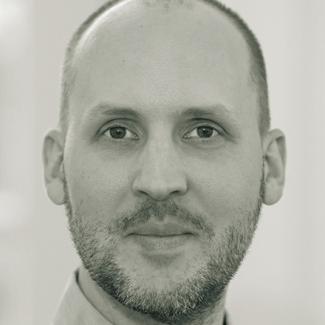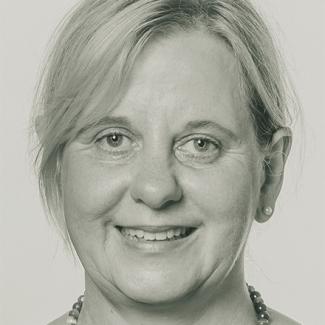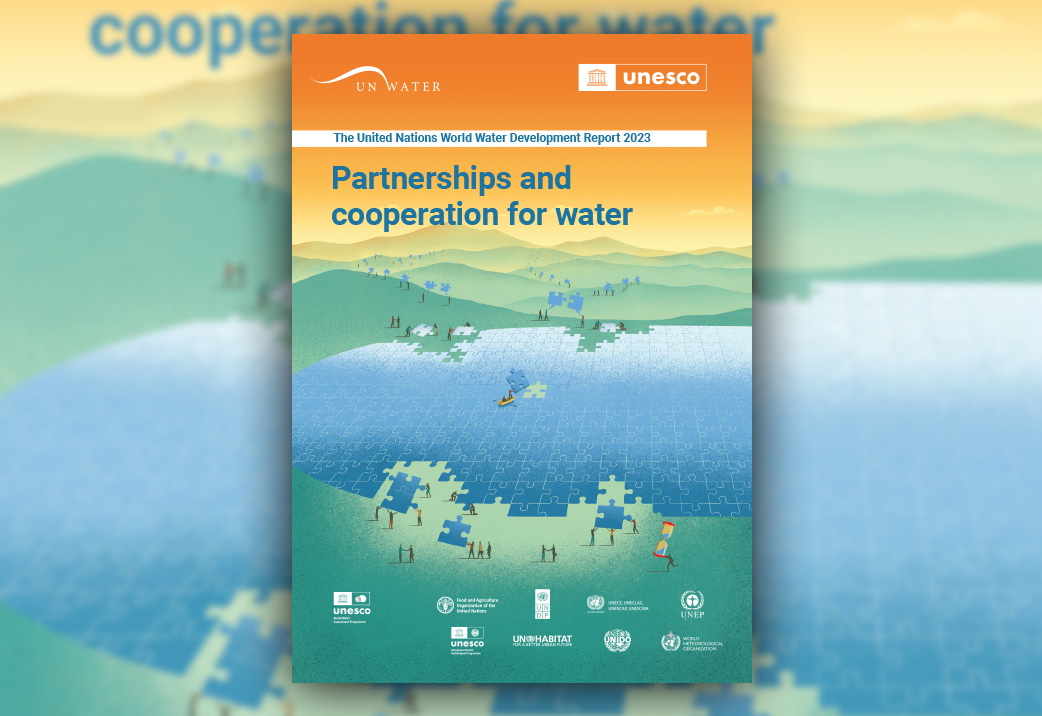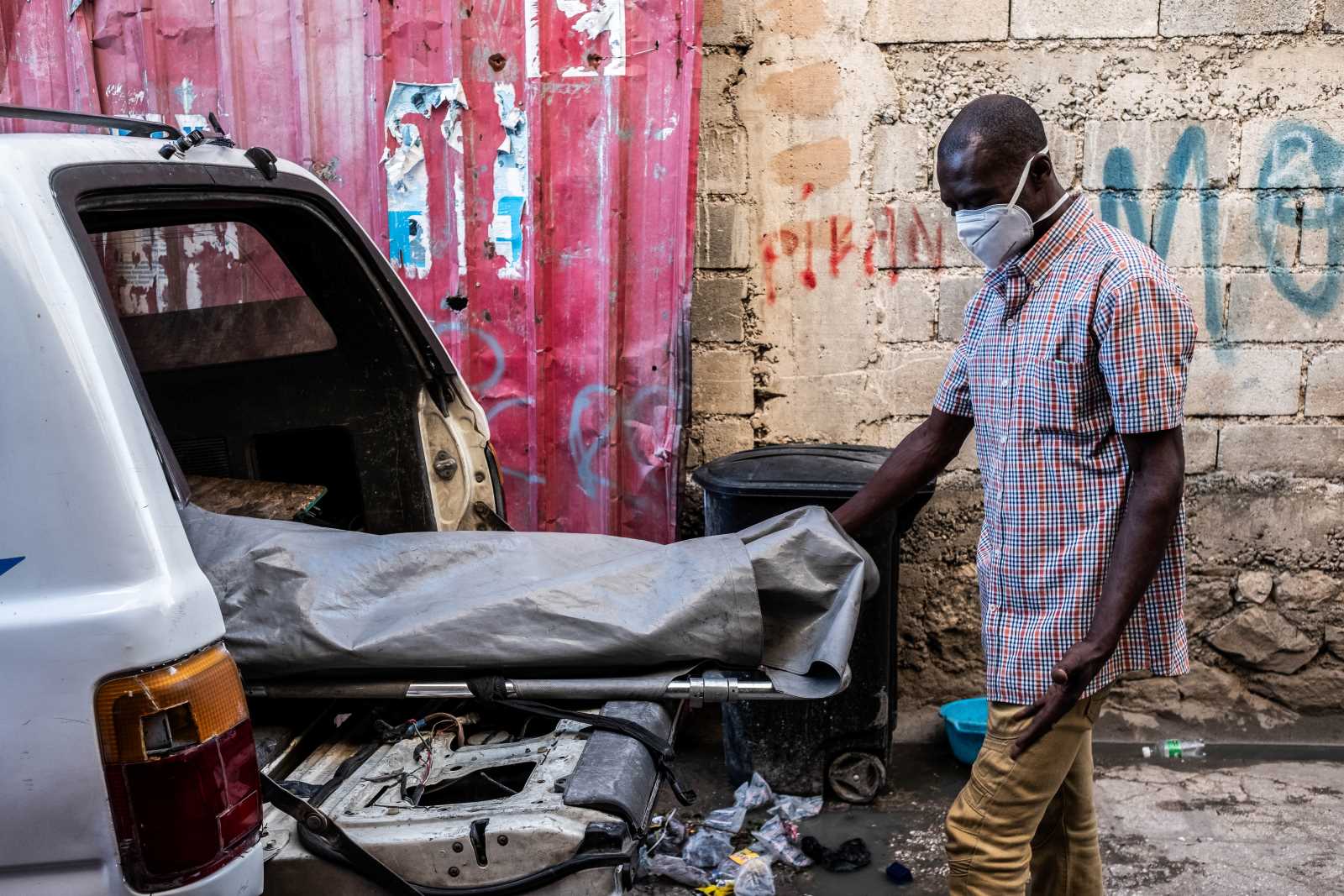Drug resistance
Tuberculosis in Mozambique
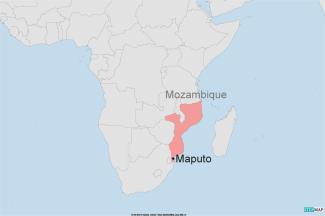
Mozambique is one of the countries in which progress in the fight against tuberculosis (TB) is most urgently needed. Over 60 % of people there live in extreme poverty. Access to clean drinking water is a serious problem, exacerbated by regular natural disasters like flooding caused by cyclones. In addition, Islamist terrorist attacks are destabilising the political situation in the northern province of Cabo Delgado.
According to the WHO, in 2021 there were over 360 TB cases per 100,000 residents in Mozambique, one of the highest incidences in Africa. The number has remained at a consistently high level over the past ten years, while the mortality rate from tuberculosis has roughly halved over the past 20 years. Drug resistance is also a major problem: the WHO estimates that in 2021, Mozambique saw 4,800 new cases of the RR-/MDR-TB strains.
Researchers from an international consortium have now detected an alarmingly high level of fluoroquinolone resistance and increasing resistance to bedaquiline in strains of MDR-TB (multidrug-resistant tuberculosis). Fluoroquinolone and bedaquiline are key drugs for the treatment of patients with MDR-TB. These resistances threaten the success of a new treatment that is recommended by the WHO and was actually considered quite promising. Moreover, the researchers documented the spread of MDR-TB strains that carry resistance mutations to rifampicin, currently the most effective medication.
The study poses fundamental questions about the development and introduction of new drugs to fight TB. Rapid development of resistance makes new drugs ineffective within a short time. In order to counter this risk, effective diagnostics are needed. Their results must be implemented directly in the form of drugs that are adapted to the respective resistance.
The uncontrolled transmission of MDR-TB strains in Mozambique and other parts of Africa presents an enormous challenge to the fight against TB in the 21st century. It stresses the importance of effective diagnostics and TB-monitoring based on comprehensive molecular methods like sequencing technologies.
Link
Study on TB resistance:
https://www.thelancet.com/journals/laninf/article/PIIS1473-3099(23)00498-X/fulltext
Viola Dreyer is a research associate in the Molecular and Experimental Mycobacteriology research group at the Research Center Borstel, Leibniz Lung Center.
vdreyer@fz-borstel.de
Christian Utpatel is a research associate in the same research group.
cutpatel@fz-borstel.de
Christiane Gerlach is a scientific project manager and deputy group leader in the same research group.
cgerlach@fz-borstel.de
Stefan Niemann is group leader of the aforementioned research group and director of the Priority Research Area Infections at the Research Center Borstel, Leibniz Lung Center.

